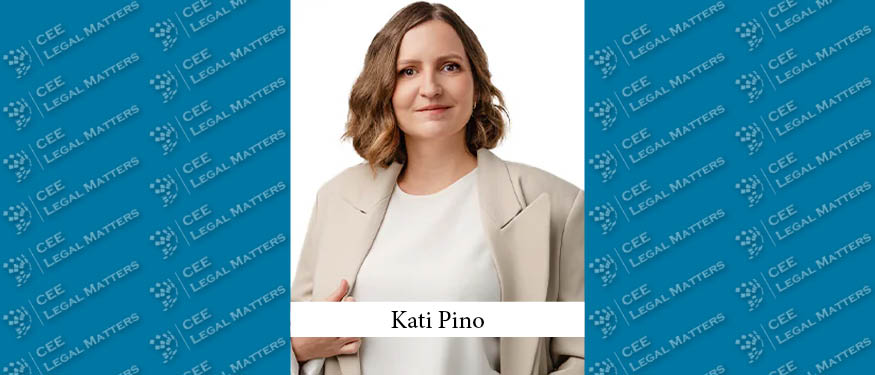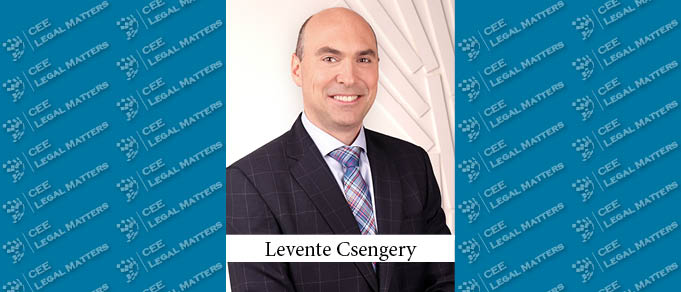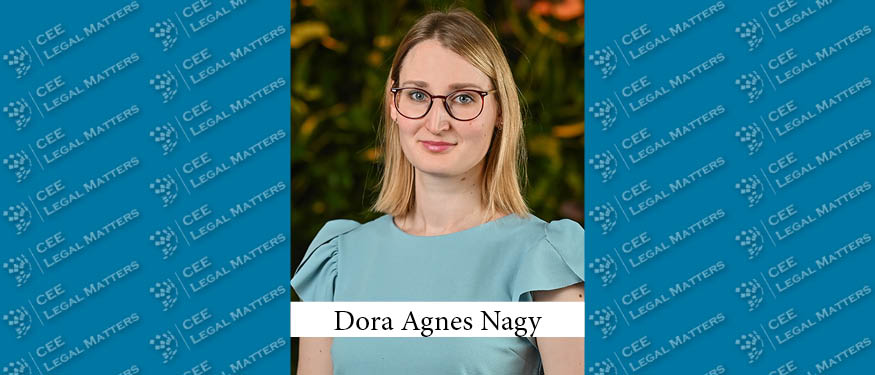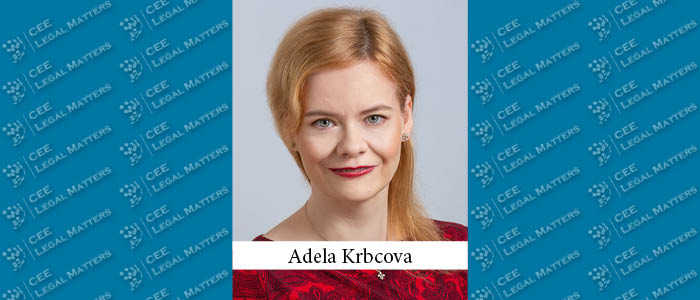Hedman has promoted Kati Pino to Associate Partner.
Rules on Casual and Seasonal Employment Have Changed
Over the past years, the number of casual and seasonal employees in Hungary has reached nearly 320 thousand, however, according to the Government, many employees are only registered as such because of the tax benefits associated with the forms of simplified employment.
Rethinking Retention in Croatia: Strategic Employee Ownership in Croatian Enterprises
In recent years, Croatian enterprises have increasingly embraced innovative ownership structures to retain and incentivize top talent. Initially spearheaded by the IT sector, this trend has expanded across industries, from established family businesses to emerging ventures. The rationale is straightforward: aligning employee interests with long-term corporate success through equity participation.
Ukraine: Updated Regulations for Employing Persons with Disabilities
On 1 March 2025, the Law of Ukraine "On Amendments to Certain Laws of Ukraine on Ensuring the Rights of Persons with Disabilities to Work" dated 15 January 2025 No. 4219-IX ("Law") came into force, aiming to create conditions for the exercise of the right to work for persons with disabilities.
How to Employ Employees Abroad?
Connecting a holiday in Tenerife with remote work? Sending an employee to China for three months? While ten years ago, these questions were considered unique, today, international mobility has become an everyday part of employment relationships.
(Un)Equal Pay
The right to equal pay for the same work or work of equal value is one of the fundamental rights of employees, protected by both domestic legislation and international standards. In Montenegro, this right is regulated by the Labor Law, while judicial practice contributes to its interpretation and application. Furthermore, the case law of the Court of Justice of the European Union plays a significant role in shaping the legal framework, providing guidelines for the protection against discrimination in terms of wage equality.
An Outlook on 2025: Labor in the Czech Republic
Peterka & Partners Partner Adela Krbcova talks about labor in 2025 in the Czech Republic.




















